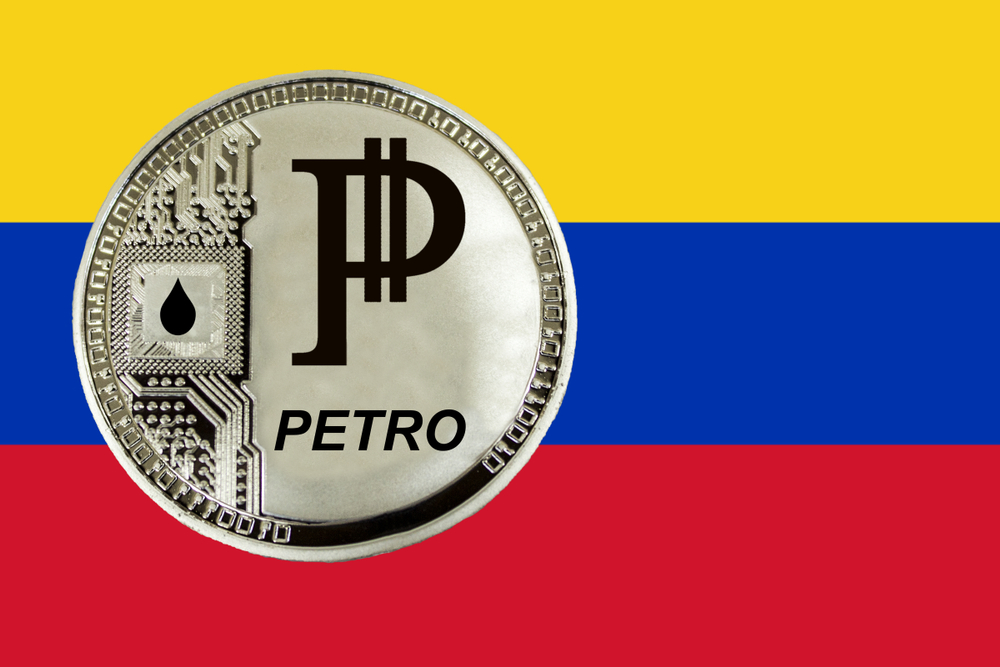Public Sale of Venezuela’s State Crypto Petro to Commence on November 5

With the Petro now officially launched, the public sale of the state-backed cryptocurrency will begin early next month.
In a televised address on October 1 during Venezuelan president, Nicolas Maduro announced that the public sale of the Petro will kick off on November 5. Though he did not list names, Maduro also indicated that the state-backed cryptocurrency is currently available on six international exchanges. Additionally, the state-backed cryptocurrency can be acquired using other established digital assets as well as popular fiat currencies.
“If you have bitcoins you can buy Petros, if you have Ethereum you can buy Petros, if you have dollars or euros you can buy Petros. And from November 5, the Petro … will go on sale to the Venezuelan public in sovereign bolivars,” Maduro said.
Android Users Only
A cryptocurrency wallet for Petro has also been made available for Android devices with no indication when a version for the iPhone or iPad will be released. A new white paper for the petro cryptocurrency has also been published and is currently on a dedicated website set up by the Venezuelan government.
While it was previously stated that the Petro is backed by the vast oil resources in the South American country, the white paper acknowledges that other natural resources such as aluminum, diamonds, gold and iron are also backing the cryptocurrency in varying proportions.
Besides announcing that Venezuelans can now use the Petro to pay for goods and services such as accommodation, airline tickets and real estate, Maduro also declared during his TV address that all Venezuelan oil will be sold in the state-backed cryptocurrency. This will offer the sanctions-hit country a way to circumvent the restrictions and possibly allow other foreign countries, organizations and individuals transact with Venezuela without fear of reprisals.
‘Instrument of Liberation’
According to Venezuela’s agriculture minister, Wilmar Castro Soteldo, the petro is a tool to reclaim sovereignty of the socialist state.
“[The Petro] is an opportunity for all global operators of cryptocurrencies and crypto assets to carry out transactions in the country without fear of persecution, because I believe it is an important instrument of liberation,” said Soteldo.
The official launch of the Petro comes at a time when the economic crisis in Venezuela is worsening despite the government devaluing the country’s fiat currency, the Bolivar, in a bid to tame inflation. This has resulted in the citizens turning to cryptocurrencies such as bitcoin with the result being that the trading volumes of the Bitcoin/Bolivar pair keep reaching record highs, as CCN.com recently reported.
Featured image from Shutterstock.